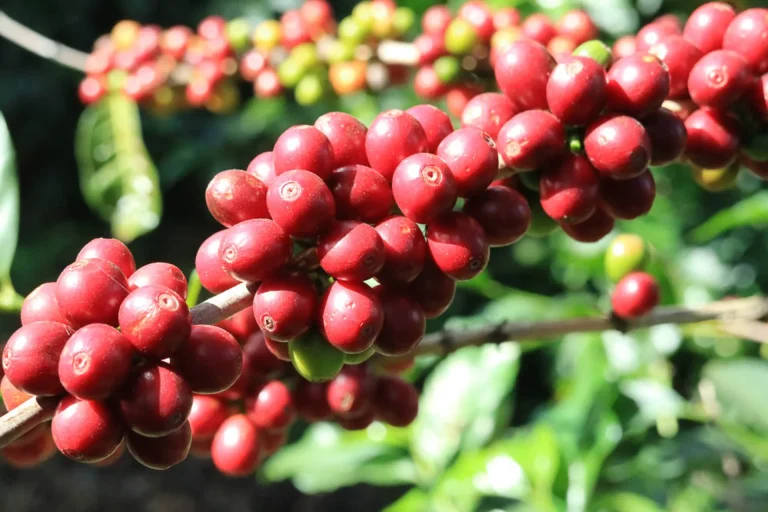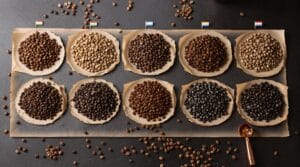Bourbon coffee is one of the most celebrated types of Arabica. This kind of coffee is a favourite among coffee lovers because of its delicious taste and rich history.
Where Does Bourbon Coffee Come From?
Bourbon coffee’s story begins in the 16th century in Yemen and southwest Ethiopia. French explorers brought the coffee plant to the island of Réunion (once called Île Bourbon), where it was widely planted before 1789. By 1860, Bourbon coffee had reached Brazil and quickly spread throughout Central and South America.
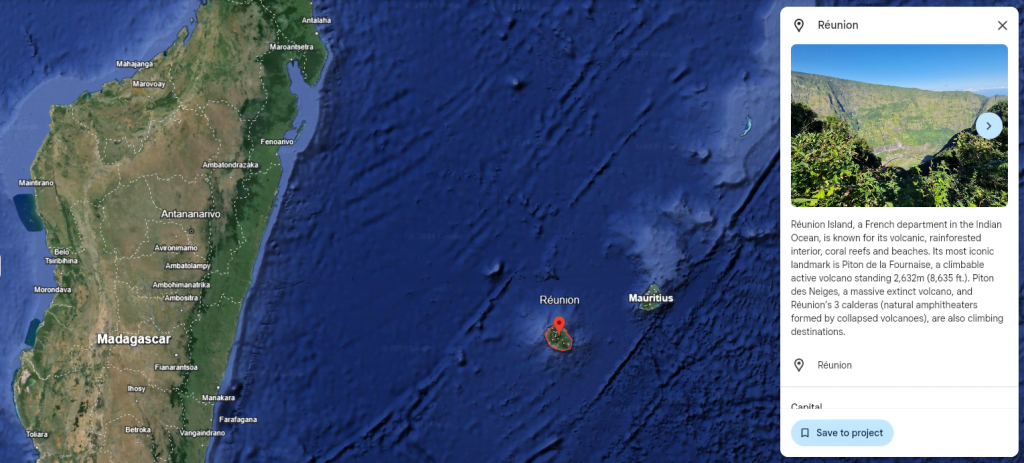
What Does a Bourbon Coffee Plant Look Like?
- Type: Arabica
- Leaves: Oval-shaped and dark green
- Fruit: Round and usually red (can also be yellow or orange)
- Beans: Medium-sized
- Yield: Produces a good amount of coffee cherries
- Quality: Known for high-quality coffee beans
- Disease Resistance: Fairly resistant to diseases
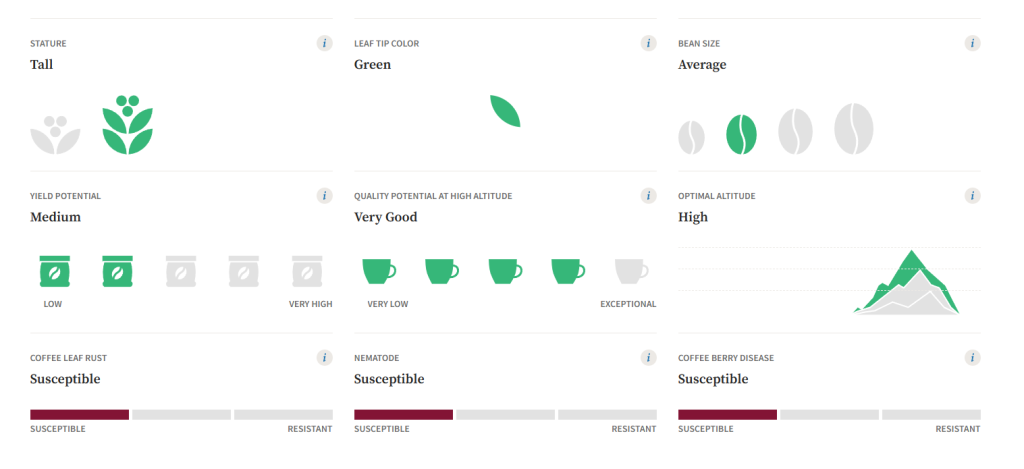
Bourbon Coffee Flavor and Chemistry Composition
- Aroma: Rich with hints of fruit, caramel, and flowers.
- Taste: A satisfying balance of sweet and acidic, leaving a pleasant taste in your mouth.
- Overall: Full-bodied, smooth, and complex in flavour.
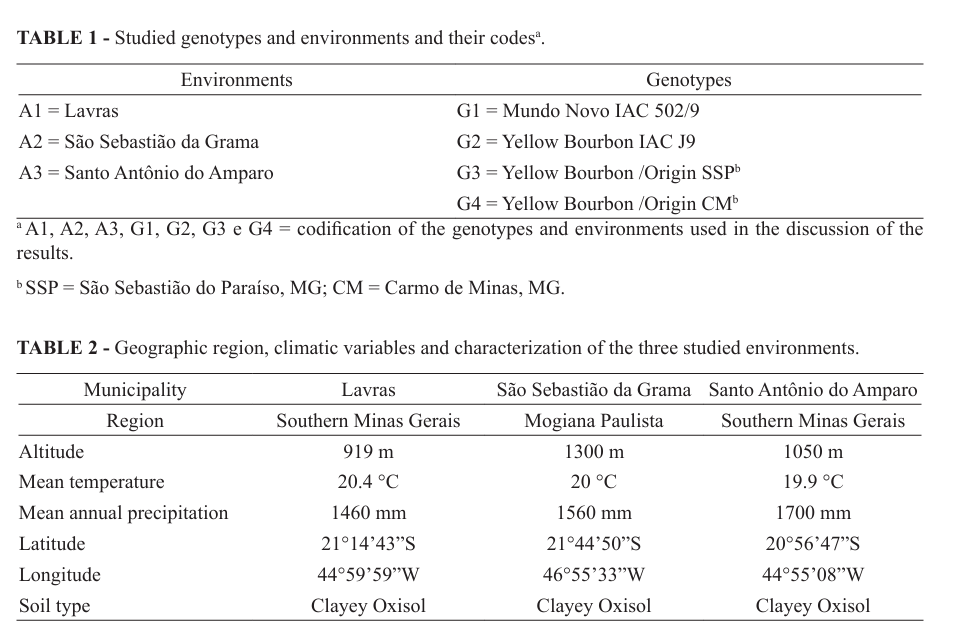
Here’s what makes Bourbon unique:
- Caffeine has a moderate amount, so it’s not overly bitter.
- Chlorogenic Acid (CGA): This natural compound makes the coffee taste even better and provides health benefits.
- Other Compounds: Contains citric and malic acids, which give it that complex, interesting flavour.
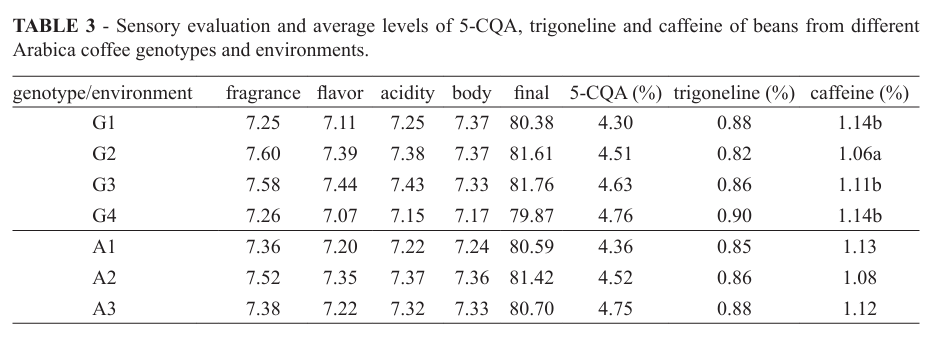
Where is Bourbon Coffee Grown?
Today, you can find Bourbon farms in many parts of the world:
- Africa: Ethiopia, Burundi, Rwanda
- Central America: El Salvador, Guatemala, Honduras
- South America: Brazil, Colombia
- Asia: Indonesia
- Caribbean: Puerto Rico
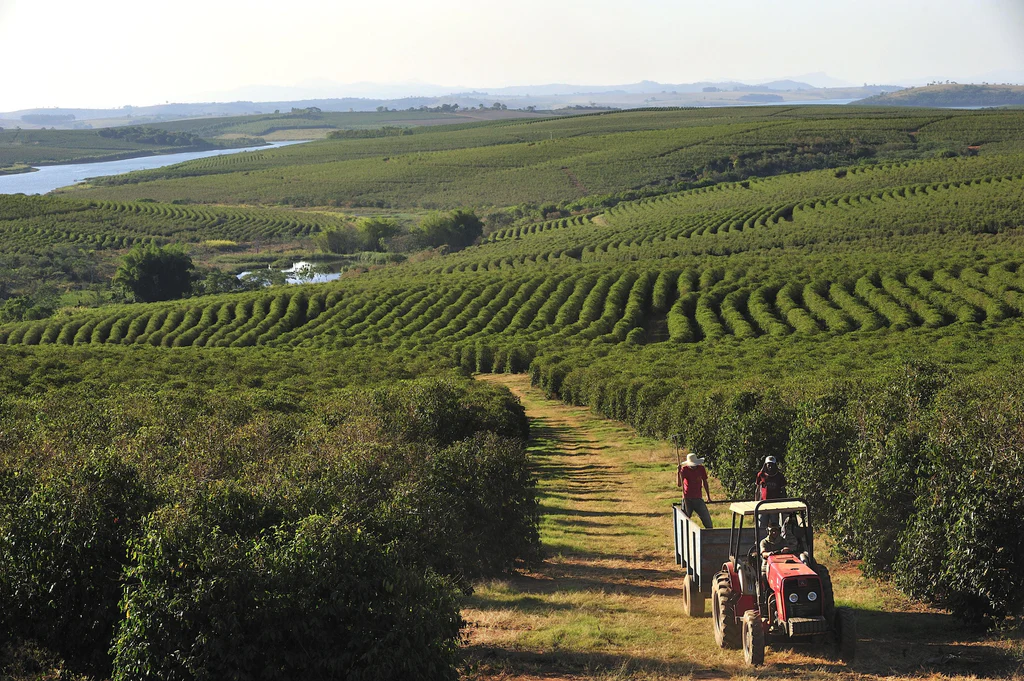
Bourbon: Key Varietals and Relatives
Bourbon, prized for its complex flavour and high quality, forms the foundation for numerous specialty coffee varietals. Here’s a breakdown of key Bourbon varietals and their genetically related cousins:
Key Bourbon Coffee Varietals:
- Villa Sarchi: Originating in Costa Rica, this varietal is known for its sweet flavour, floral aroma, and mild acidity.
- Caturra: A natural mutation of Red Bourbon discovered in Brazil, Caturra offers higher yields but requires more intensive care.
- Kent: Developed in India, Kent is resistant to coffee leaf rust but has lower yields.
- Pacas: Found in El Salvador, Pacas is recognized for its high cup quality, sweet flavour, and complex aroma.
- Bourbon Mayaguez 71: Bred in Puerto Rico, this varietal demonstrates high yields and good disease resistance.
- Bourbon Mayaguez 139: Also from Puerto Rico, Mayaguez 139 exhibits resilience against pests and challenging weather conditions.
- Venecia: A less common varietal originating in Colombia, Venecia boasts fruity notes and bright acidity.
- Tekisic: Developed in El Salvador, Tekisic provides high yields and good cup quality.
- Mundo Novo: A hybrid of Bourbon and Typica, Mundo Novo offers high yields, a full-bodied flavour, and good adaptability.

Bourbon Coffee Genetically Related Varietals:
Several other popular coffee varietals have Bourbon in their lineage or have been crossed with Bourbon coffee to enhance quality and yields:
- Catuai: A cross between Mundo Novo (which contains Bourbon) and Caturra (a Bourbon mutation).
- Pacamara: A cross between Pacas (a Bourbon varietal) and Maragogype (a Typica mutation).
- KP423: A hybrid of Kent (a Bourbon varietal) and Typica.
- Anacafe 14: A cross between Bourbon, Typica, and Mundo Novo (which contains Bourbon).
- Catimor Group: Crosses between Caturra (a Bourbon mutation) and Timor Hybrid (which contains Robusta).
- Sarchimor Group: Crosses between Villa Sarchi (a Bourbon varietal) and Timor Hybrid (which contains Robusta).
Each Bourbon varietal and its relatives have unique characteristics in terms of flavour profiles, adaptability, and cultivation requirements. This diversity creates a rich and fascinating world of coffee, allowing enthusiasts to explore various tastes and roasting styles.
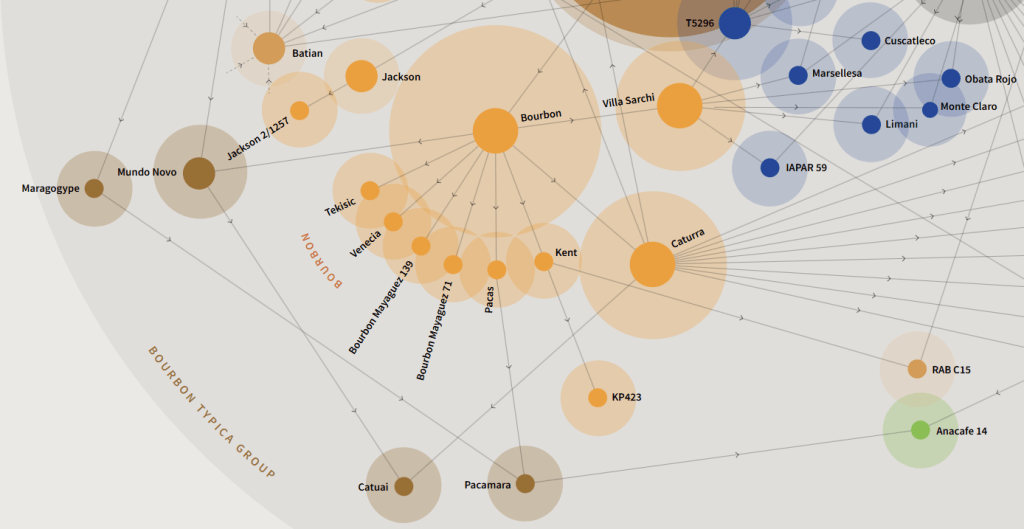
The Future of Bourbon Coffee
Bourbon faces challenges from climate change and diseases, just like other crops. However, it’s a solid and adaptable plant. As more people discover the unique and flavorful world of specialty coffee, Bourbon is well-positioned for a bright future.
Here’s why:
- High Demand for Quality: Consumers increasingly seek high-quality, ethically sourced coffee, and Bourbon fits the bill.
- Unique Flavor Profile: The distinct taste of Bourbon, with its balanced sweetness and acidity, makes it a favourite among coffee connoisseurs.
- Potential for Sustainability: Many farmers are focusing on sustainable farming, which can help protect the environment and ensure the long-term viability of coffee production.
This post contains affiliate links, meaning I may earn a commission if you make a purchase through these links, at no additional cost to you. As an Amazon Associate, I earn from qualifying purchases. I only recommend products I genuinely believe will add value.

Black Rifle Coffee Company Bourbon, 22 Count, Medium Roast K Cups - Single Serve K Cups Coffee Pods - Kcup Pods Compatible with Keurig 1.0 & 2.0 - Made from Arabica Beans
- IN THIS PACK - This pack includes 22 K cups of Black Rifle Coffee Company’s Bour…
- MEDIUM ROAST K-CUPS - BRCC’s Bourbon offers a smoky, bourbon-infused flavor with…
- HIGH-QUALITY ARABICA BEANS - Sourced from the rich coffee regions of Colombia an…
- THE PERFECT COFFEE GIFT - Our premium quality coffee is the ideal gift for any c…
- AMERICAN MADE & VETERAN FOUNDED - If you’re looking for the world’s best coffee,…
Conclusion:
Bourbon coffee is more than just a cup of coffee—it’s a taste of history and a testament to the hard work of generations of coffee farmers. Bourbon is poised to remain beloved and sought-after for years with its rich aroma, complex flavour, and adaptability.
Bourbon Coffee FAQ
Where did Bourbon coffee originate?
Bourbon coffee originated in Yemen and southwest Ethiopia, but its name comes from Réunion Island (formerly Île Bourbon) in the Indian Ocean, where French explorers widely planted the varietal before 1789.
What is the flavor profile of Bourbon coffee?
Bourbon coffee is highly prized for its complex flavor profile, which features a satisfying balance of sweetness and acidity, rich aromas with hints of fruit, caramel, and flowers, and a smooth, full body.
Is Bourbon coffee a type of Arabica or Robusta?
Bourbon is one of the most celebrated and foundational types of Arabica coffee, known for its high quality and complex flavor, and it serves as a parent to many other specialty varietals.
What are some key varietals related to Bourbon coffee?
Key varietals related to Bourbon include natural mutations like Caturra (from Brazil) and Pacas (from El Salvador), as well as hybrids such as Mundo Novo (a cross between Bourbon and Typica).
Why is Bourbon coffee considered high quality?
Bourbon is considered high quality due to its moderate caffeine content, which prevents excessive bitterness, and its high levels of organic compounds like Chlorogenic Acid (CGA), citric, and malic acids, which contribute to its complex and interesting flavor.

